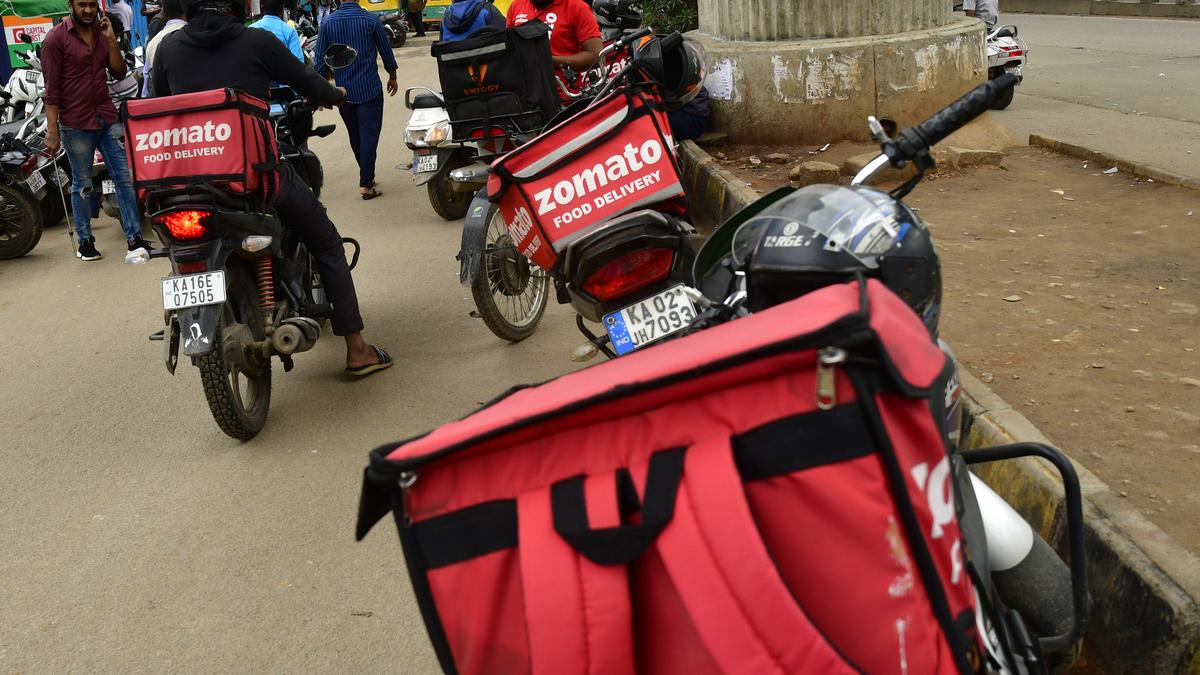
2,670 traffic rule violations booked against delivery executives in Bengaluru
The Hindu
Traffic police conduct special enforcement drive targeting delivery executives, booking 2,670 violations and collecting ₹13.7 lakh in fines.
In a bid to curb rising traffic violations and instil discipline among delivery executives, the traffic police conducted a special enforcement drive on Saturday (November 10). During the operation, officers booked 2,670 violations and collected fines totalling ₹13.7 lakh.
Riding without a helmet topped the list with 1,400 cases, followed by violations such as riding against the one-way traffic rule and entering no-entry zones. Other infractions included jumping traffic signals, riding on footpaths, wrong parking, and using mobile phones while riding, according to a police officer.
“This special drive aims to raise awareness and ensure their safety. The focus is more on deterrence rather than punishment or fine collection,” said M.N. Anucheth, Joint Commissioner of Police.
Vinay Sarathy, President of the United Food Delivery Partners Association, acknowledged the drive’s intent but urged authorities to address the real issues.
“The association has no objection to the drive targeting delivery executives. However, the real issue lies in the unrealistic deadlines imposed by companies, such as ‘10-minute delivery’ or ‘30-minute delivery or free.’ These pressures force workers to prioritise speed over safety. Missing these deadlines affects their earnings. While traffic violations are not justified, police should also engage with companies to address these systemic issues, ensuring both worker safety and compliance,” he said.











